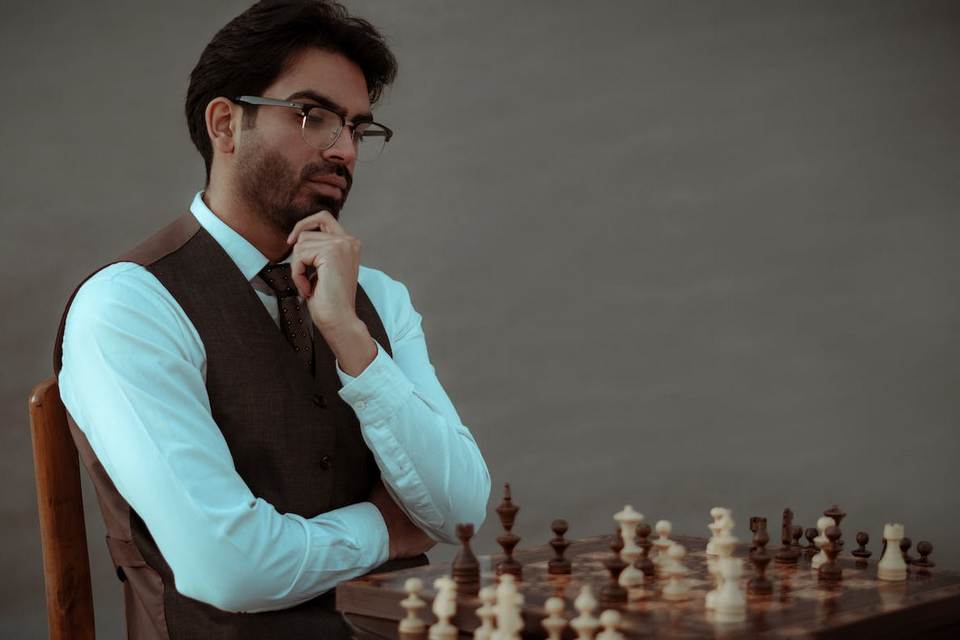Last Updated on April 2, 2024 by Ranking
France has for the longest time, compared to any other civil jurisdiction, relied solely on lay judges to resolve conflicts between businesses and workers. Taking into account the lack of legal preparation of labor judges, the article examines whether the intensification of the offer of legal services, either from professional judges or specialized labor lawyers, causes delays in proceedings. The analysis showed that referring the case to a professional court delays the resolution of employee cases.
French taxpayers must compensate the parties to the dispute for violating the so-called “reasonable time principle” (Rainey et al., 2017). The ECtHR sanctions “unjustified”, “undue” and “excessive” delays in all court cases. Labor disputes are those that result in the highest number of convictions.
Specialized labor lawyers influence the duration of labor disputes using an innovative data set covering 201 labor courts from 2013–2017. The results indicate that cases referred by prud’hommes to professional judges increase the duration of disputes. At the same time, the development of the market for specialized legal services does not affect the pace of court proceedings.
It must be acknowledged that the relationship between litigation and its key actors poses the standard endogeneity problem. In the literature, it is difficult to use institutional knowledge to find appropriate instrumental variables (IVs) for legal actors. Education costs suggest that proximity to law schools may be a good tool for lawyers. The mobility of French students is high because public benefits (e.g. social security and housing allowance) encourage students to study at universities far from their home base.
Ubiquity can induce prud’hommes to fulfill their mandate without disturbing their colleagues. A negative correlation can only be expected for cases ending in départage. The model includes a vector of control variables represented by Xc,t to account for the legal and socioeconomic determinants of court delays.
French law schools impose long courses in substantive law and civil procedure, creating a local culture imbued with an awareness of the law and its rights. Highly qualified lawyers tend to concentrate where their alma mater is located. The agreement between prud’hommes and professional judges in the same court has a significant impact on départage.
The vexing hypothesis that lawyers cause delays (Edwards, 1986; Partnoy, 2012; Wistrich, 2008) seems inappropriate in the French case, where judges present logical conclusions drawn from lawyers’ arguments (Steiner, 2018). America’s “overwhelmingly negative view” of lawyers and their delaying techniques (Clark, 1992) is offset by their role in delivering very short sentences.
It is not uncommon for tribunals to rely on lay judges to hear sensitive legal issues. The context of employment disputes is critical because both employers and employees likely prefer to anticipate pathological situations involving career breakdown and employment disruption. Professional lawyers and judges intervene to best support experts.




